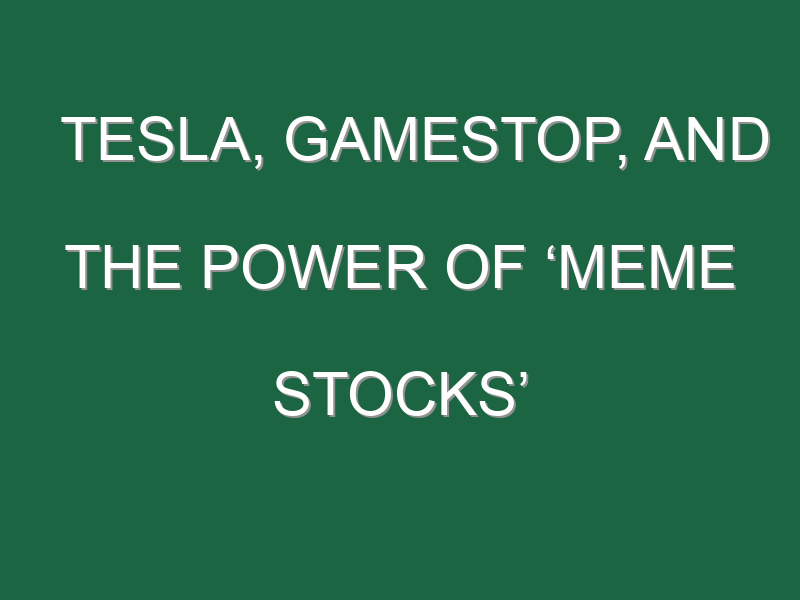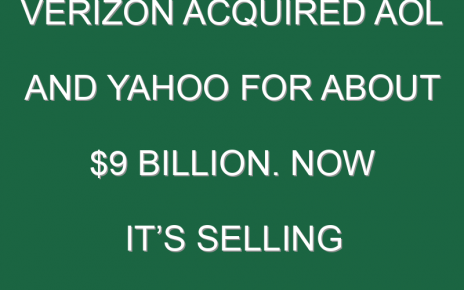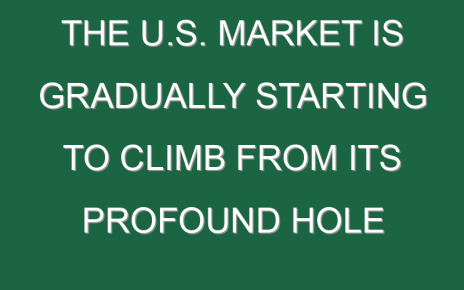“Who controls the memes, controls the Universe” — Elon Musk (June 26, 2020)
Eons ago, when I was interviewing for a job at another financial publication, I could tell the precise moment everything went off the rails. All was going well—until my last interview when a wizened editor showed up and asked me a question I knew would be the make-or-breaker: “What do you think about Tesla?”
The hard-nosed type before me wanted to hear, plainly, that I did not buy Tesla’s hocus-pocus. The electric carmaker was burning through cash like a West Coast wildfire. Tesla was hugely unprofitable, saddled with mountains of debt, and consistently missing expectations. The entire automotive industry had it out for the company, competition was intensifying from the likes of tech giants, like Apple, Google, and others, and just about every short seller was betting on its demise. Oh, and the company had a loose cannon liability in the driver’s seat in Elon Musk. Tesla’s market valuation was obviously out of whack with reality.
I said all this. And then I did myself in.
Even knowing all that, I said, apparently prizing candor above employment, I wouldn’t bet against Tesla. Musk built a cult-like fan base that will follow him into the infernos of hell or the vacuum of space or wherever else he wants to go and back again. If you’re “short” Tesla, then you’re underestimating Musk’s influence and failing to grasp the underlying dynamics of the marketplace.
I could see micro-stress lines forming in the corners of the editor’s eyes. I could sense his smile fading. My response was not what he hoped to hear. The answer didn’t gel with his decades-long experience as a shrewd observer of market shakeouts. He was clearly a student of value investing, the rational, Warren Buffett-approach to pricing stocks. Another foolish Musk fanboy, I’m sure he thought.
Tesla shares have surged well over 1,000% since I blew that opportunity. Similarly, Bitcoin has rebounded in a moon-ward blastoff. An army of Redditors have bid up new fad GameStop until it’s become the most traded stock in America, causing it to gusher more than 1,600% since the start of the year. A slew of other formerly down-and-out stocks are likewise hitting the jackpot, if temporarily, including AMC, Bed Bath & Beyond, and Roomba-maker iRobot.
All these companies—and, yes, Bitcoin too—have something in common. Their valuation successes—however short- or long-lived—are products of “meme” culture, the phenomenon of people convening, commiserating, and cracking jokes on social media. Stocks that can generate ample amounts of enthusiasm online, whether inspiring loyalty or just lulz, will, as a rule, be breakouts.
Bubbles aren’t anything new, to be sure. (See: Bulbs, Tulip.) But millions-strong message boards, like Reddit’s “wallstreetbets” forum, and phone-accessible brokerage apps featuring 24/7, no-fee trading, like Robinhood, are. Even if the highs we’re experiencing today are just a temporary bout of market insanity headed for a white-knuckled correction—which, yeah, is likely—I reckon something fundamental about the world, about the way the Internet’s speed and scale influences the analytical calculus of equities, has changed.
Investing is growing more democratized by the day, and the unwashed masses outside Wall Street are wielding more power as a result. “Becoming an investor is the new American dream, just like home ownership was before,” as Vlad Tenev, the chief executive of IPO-bound Robinhood, writes. In this new era, assets’ intangible factors—ones that can inspire religious devotion (like Tesla) or Dionysian, flash-mob-style decadence (GameStop)—gain sway. Memes matter.
The other day, I tweeted, half-jokingly, “If you don’t calculate a stock’s price-to-memes ratio then your fundamental analysis is lacking.” I stand by that now, just as I did during my failed job interview.
Robert Hackett




